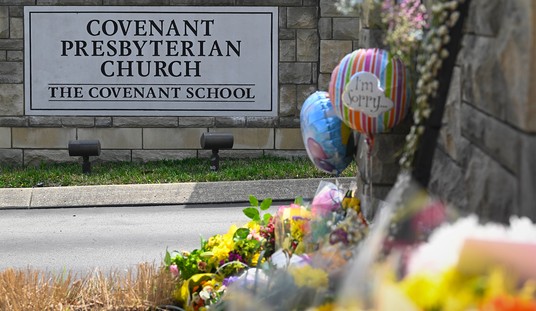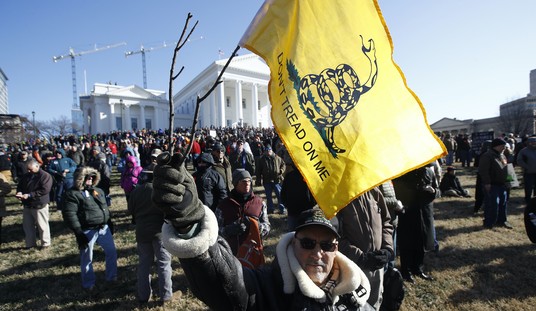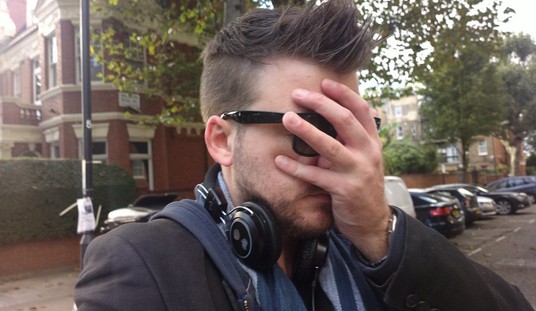Oregon’s Measure 114 managed to squeak through to passage. I’ve previously offered my opinions on what this will mean long-term, but that’s down the road.
In the meantime, we have a lot of people with a lot of opinions about just what kind of impact the new law will have.
Over at NBC News, they apparently think the law gives hope to people in Oregon.
In May 2014, days after the mass shooting near the campus of the University of California, Santa Barbara, the satirical news site The Onion published a tragicomic headline that has resurfaced countless times in the eight years since: “‘No Way To Prevent This,’ Says Only Nation Where This Regularly Happens.”
The headline’s longevity — it made the rounds several times this year after shootings in Buffalo, New York, Uvalde, Texas, and several other cities across the country — suggests that nothing has changed since it was first published.
Except, it’s not the only nation where this happens. Over the years, I’ve written about mass shootings in Russia, England, Canada, and others. Those are just off the top of my head.
Yes, it happens here more often, but we’ve also seen that strict gun control laws are no guarantee that such a shooting can be prevented.
Measure 114 won’t actually stop such a shooting either.
The author goes on to try and present Measure 114 as a good thing, but really, the entire argument should be dismissed out of hand. Why?
Because the author didn’t do their homework.
Other researchers from our center at Johns Hopkins University evaluated laws similar to the Oregon measure and found large reductions in many forms of gun violence. For example, they found that the passage of such a law in Connecticut was associated with a 33% reduction in the gun suicide rate and a 28% reduction in the gun homicide rate over a 22-year period. Our center’s research has also found that gun purchaser licensing was associated with a 56% decrease in the incidence of fatal mass shootings.
Did it, though?
The study in question compared different states with different methods, but used what researchers termed “synthetic control methods.”
That raises questions for me.
Especially with what we know about other anti-gun research focusing on Connecticut. As Cam noted in that piece:
One example that Brown raises is the oft-repeated claim that “gun homicides” dropped by 40% after the state of Connecticut adopted a permit-to-purchase law requiring handgun owners to first receive a gun permit from their local police department. This was breathlessly reported back in 2015 by outlets like the Washington Post and repeated on Democratic debate stages in 2020, but Brown revealed some interesting parts of the study that weren’t widely reported and utterly discount that 40% statistic.
First, the drop in homicides in Connecticut wasn’t based on a comparison between previous years, or the United States as a whole. Instead, researchers crafted a “synthetic Connecticut” comprised of portions of Rhode Island, California, and several other states and compared those homicide totals to Connecticut’s post-permit murder rate. That’s bad enough, but what makes it egregiously worse is that the researcher’s own data showed that the “drop” in Connecticut’s murder rate was short-lived, and that within a few years the gun homicide rate in the real Connecticut was actually more than 40% higher than it was in the synthetic state dreamt up by the academics.
In other words, their cited research has some questionable methodology that likely couldn’t control for all the variables you might find in a comparison of multiple states such as education, economics, and other demographic concerns while other studies are clearly problematic in different ways.
Of course, people like to cite studies because it makes them appear as if they know what they’re talking about.
The truth is that Connecticut’s permit-to-purchase law didn’t have the impact people think. It’s routinely compared not to the state prior to the law’s passage or the United States as a whole, but against arbitrarily selected proxies.
Measure 114 will likely give us another example that will be used to justify such measures as studies continue to be manipulated for political gain. It won’t make Oregonians any safer as the criminals simply don’t follow these kinds of laws in the first place.
But that doesn’t make for feel-good, anti-gun stories at NBC News.







